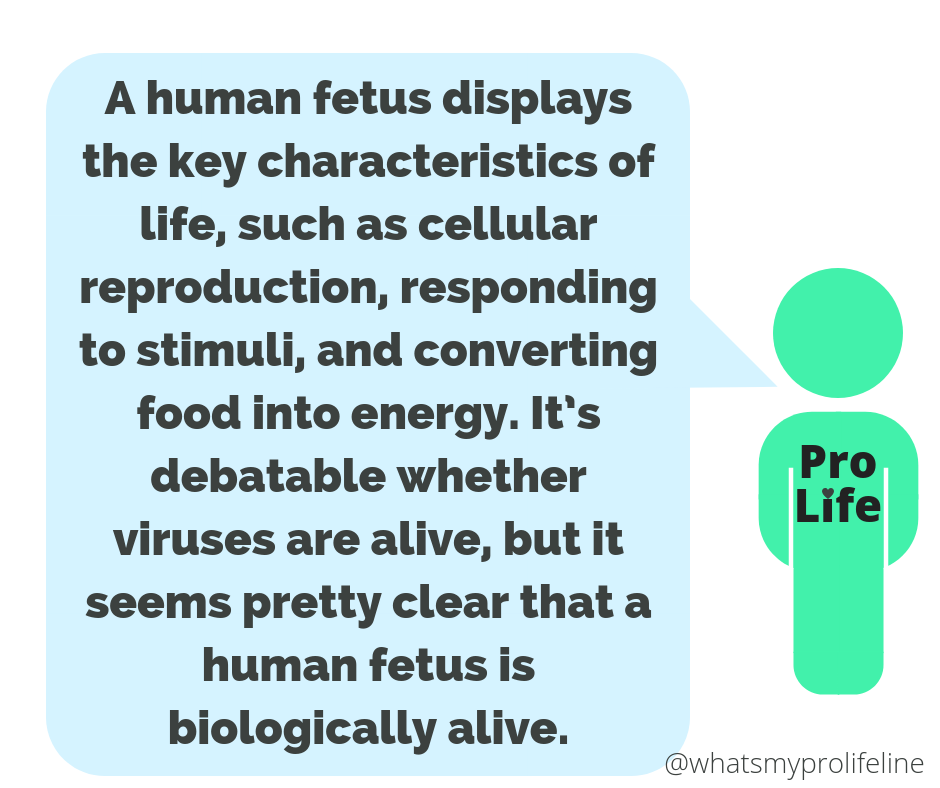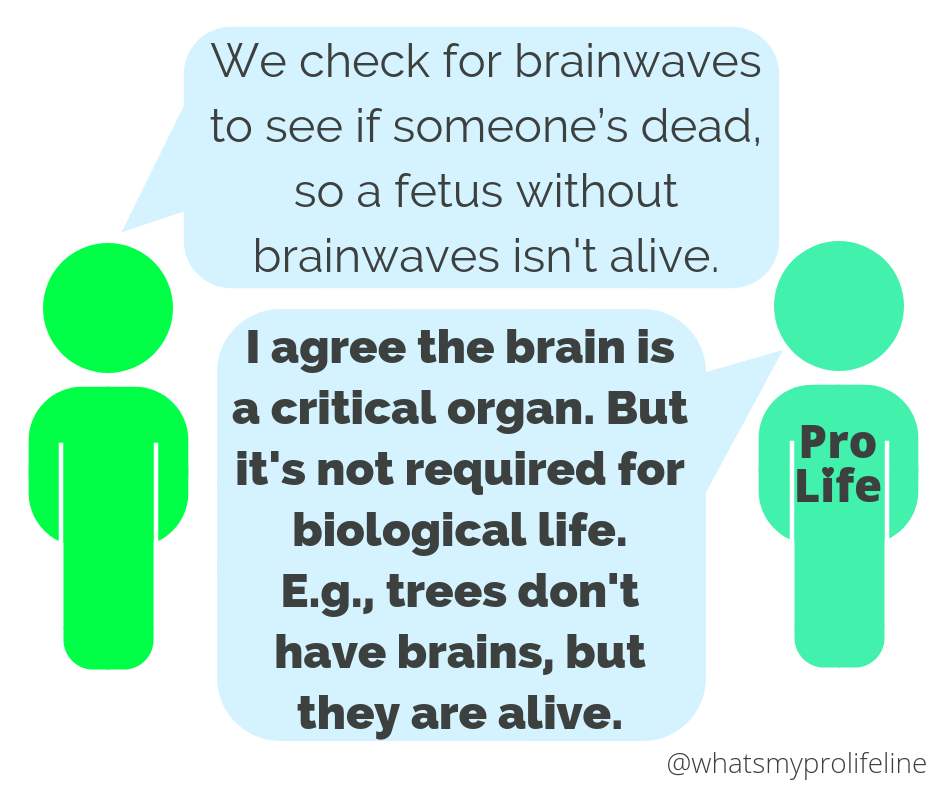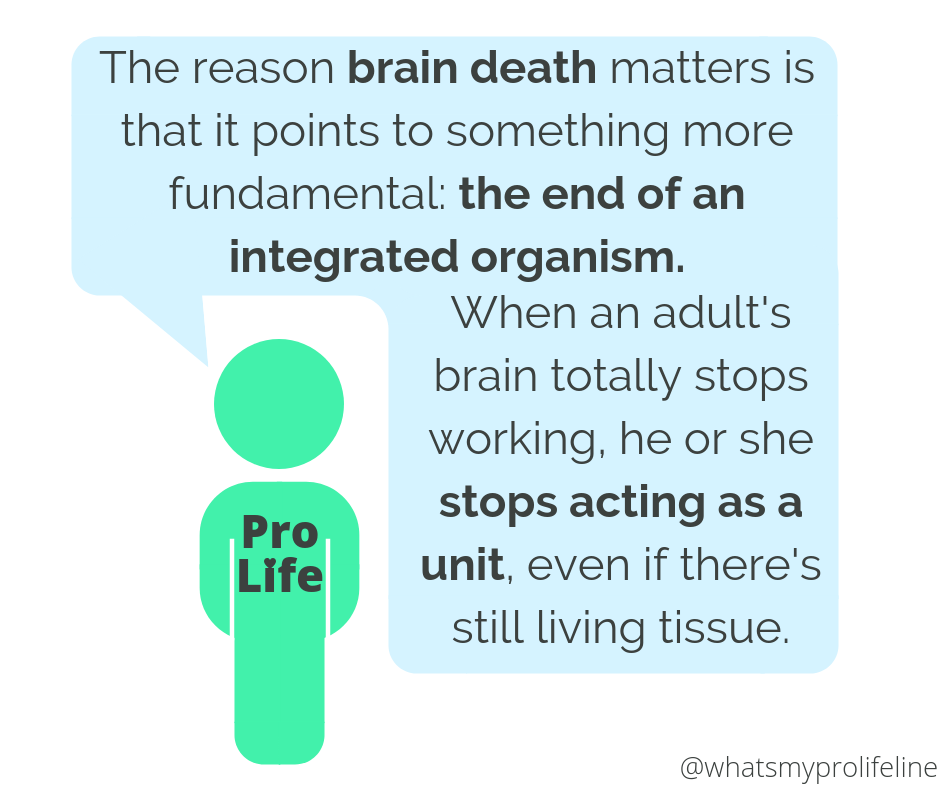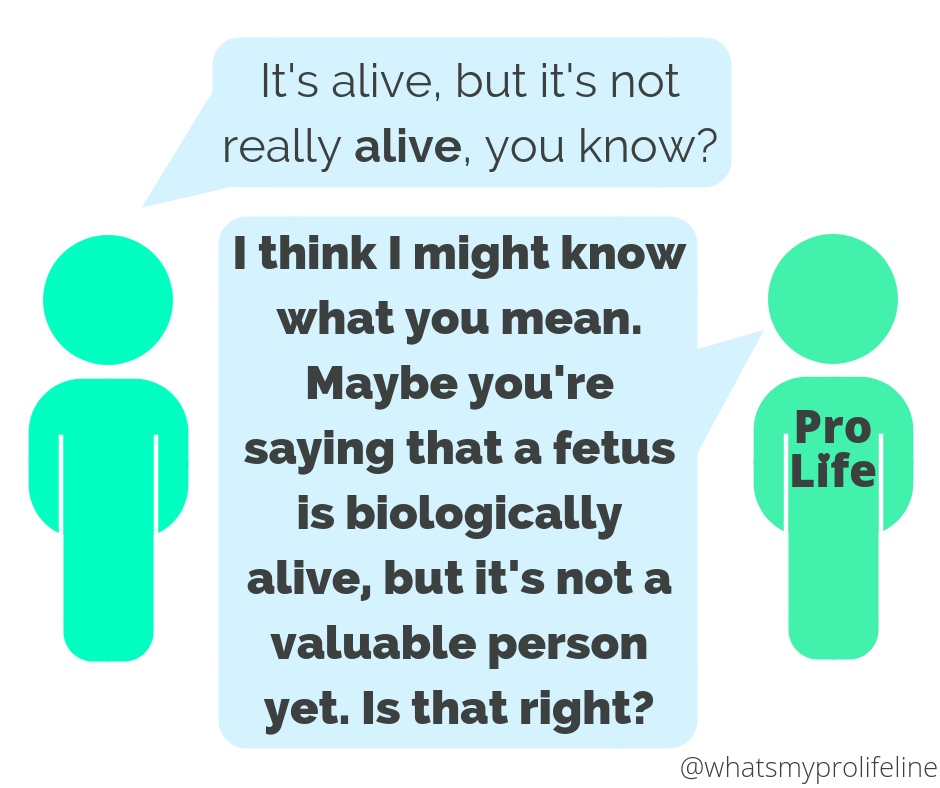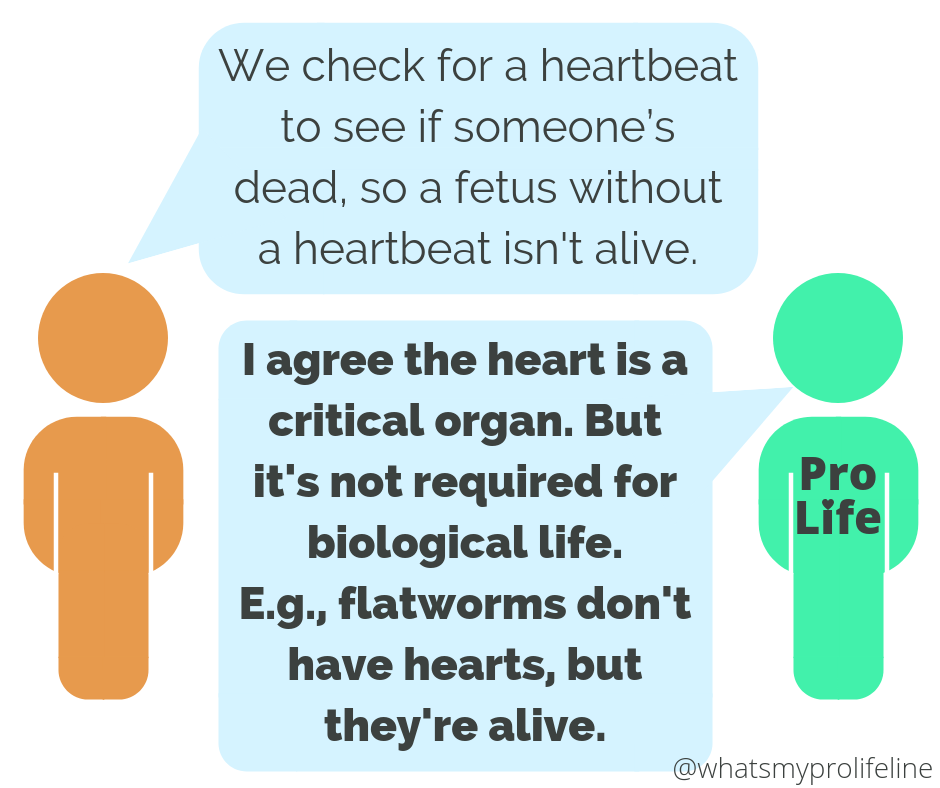
Flatworms Don’t Have Hearts
Following fertilization, the zygote undergoes cellular reproduction, responds to stimuli, and converts food into energy. These are the sort of features that biologists look for to establish life, not a heartbeat. It’s debatable whether viruses are alive, but it seems pretty clear that a zygote is already biologically alive.
It may be helpful to emphasize that at this stage of the conversation, we aren’t yet saying anything philosophical about how valuable a zygote is or how we ought to treat zygotes. We’re just saying that biologically speaking, a zygote is a living organism.
First posted